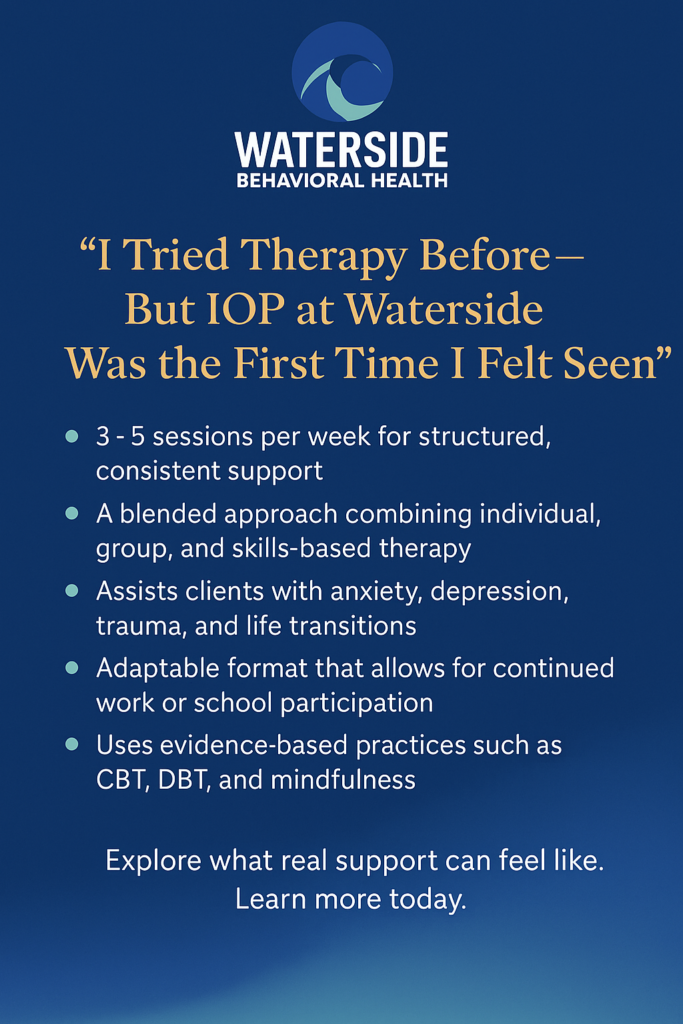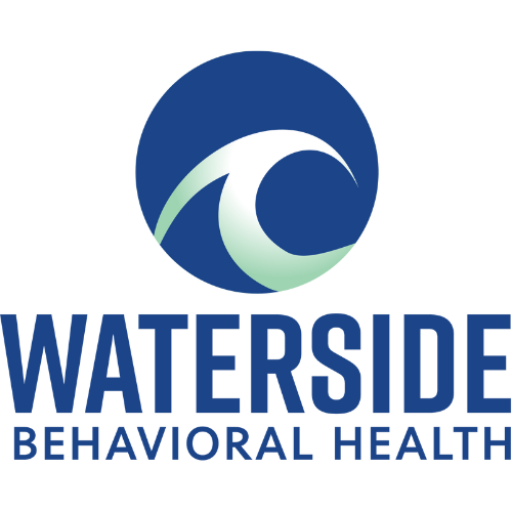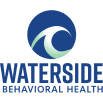Some people leave therapy more exhausted than when they started. You open up, try the exercises, maybe even show up week after week—but the shift you’re hoping for never comes. If that’s you, you’re not alone. And it’s not a personal failure. It might just mean you needed something different than what you got.
When Weekly Therapy Isn’t Enough
Outpatient therapy can be a lifeline—but it isn’t always enough, especially when you’re struggling daily and still expected to hold it all together. If you’ve sat in sessions thinking, “This just isn’t helping,” that feeling deserves to be honored, not brushed aside.
It’s disorienting to ask for help, follow through, and still feel stuck. You might wonder if you’re just unfixable or too complicated. You’re not. Sometimes it’s not the idea of therapy that failed—it’s the fit, the frequency, or the format.
What Makes Waterside’s IOP Different?
Our Intensive Outpatient Program (IOP) isn’t “just more therapy.” It’s a structured, supportive model designed to address the limitations of standard outpatient care:
- More frequent support: With sessions typically 3–5 days a week, IOP builds momentum you just can’t get from weekly visits.
- Blended approach: We combine individual therapy, group therapy, and skill-building workshops. That means you get space to process and tools to grow.
- Evidence-based care: Our clinical team uses proven methods like CBT, DBT, mindfulness-based approaches, and trauma-informed strategies—adapted to your specific goals.
- Collaborative team: Unlike siloed care models, our clinicians collaborate, ensuring your progress is understood across touchpoints.
- Real-world flexibility: You can keep your job or go to school while attending IOP. It’s structured enough to support you and flexible enough to fit your life.
We’re not here to throw acronyms or diagnoses at you. We’re here to work alongside you until things begin to make sense.
It’s Okay to Be Skeptical
If you’ve already opened up to someone and felt dismissed or unseen, trying again can feel risky. We understand that. And we don’t expect blind trust.
Instead, we start by showing up consistently. You’ll see the same therapists each week. You’ll be invited into groups that feel safe, not performative. And you’ll always have space to speak up when something doesn’t work for you.
IOP isn’t about pushing harder. It’s about trying differently—with more support, more voices, and more chances to be heard.
A Place Where You Don’t Have to Prove You’re Hurting
At Waterside, you don’t need to perform your pain to be taken seriously. We believe your struggle is real even if you can’t name it perfectly. We make room for that.
Because feeling seen shouldn’t be a rare event in treatment—it should be the norm.
Many of our clients come in tired of telling their story over and over. They want to be understood without having to relive every moment of their trauma just to get support. That’s why our team takes the time to learn your patterns, triggers, and strengths in ways that feel collaborative, not clinical.

What Past Clients Say
“I didn’t think anything would work for me. But Waterside’s IOP made me feel like I wasn’t just a case file. I was a whole person.”
— Former Client, 2023
“Therapy before felt like homework. This felt like support.”
— IOP Participant, 2024
These aren’t isolated stories. They’re reminders that care can feel different. More human. More hopeful.
Who Is IOP For?
Waterside’s IOP can help if you:
- Tried outpatient therapy but didn’t feel progress
- Need more structure but don’t require inpatient care
- Want group support but also private space to talk
- Are navigating anxiety, depression, trauma, or major transitions
- Feel like you’re trying to hold it together, but barely
You don’t need to hit a breaking point to qualify. You just need a desire to try something new.
Ready for a Different Kind of Help?
You don’t have to believe this will work perfectly. You just have to be willing to see what happens when support actually shows up consistently.
We won’t promise instant transformation. But we will promise to meet you with respect, structure, and care that adapts to your needs.
FAQ: Intensive Outpatient Program at Waterside
What is an Intensive Outpatient Program (IOP)?
IOP is a structured form of outpatient care that offers more support than weekly therapy. Clients attend multiple sessions per week, combining group therapy, individual sessions, and skills training.
How is IOP different from traditional therapy?
Traditional therapy often means one session a week. IOP offers therapy several times a week and includes a combination of modalities and support systems, providing deeper and faster progress.
Can I still work or go to school while in IOP?
Yes. Our IOP is designed to be flexible. Many participants continue their daily responsibilities while receiving care.
What issues does your IOP help with?
We support individuals dealing with anxiety, depression, trauma, mood disorders, life transitions, and more. Our program is tailored to each participant’s unique needs.
Is this program only for people in crisis?
Not at all. IOP is for anyone who needs more than traditional therapy can offer—whether you’re in crisis or just feeling stuck.
📞 Ready to talk it through?
Call us at (774) 619-7750. We’ll walk you through what our intensive outpatient program in Massachusetts actually looks like—and whether it’s the right next step for you.




